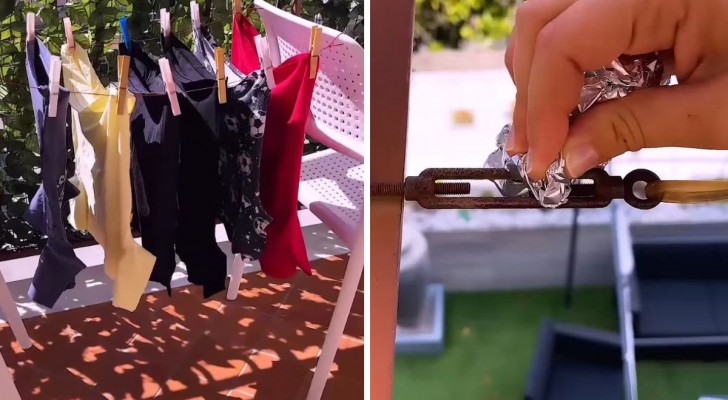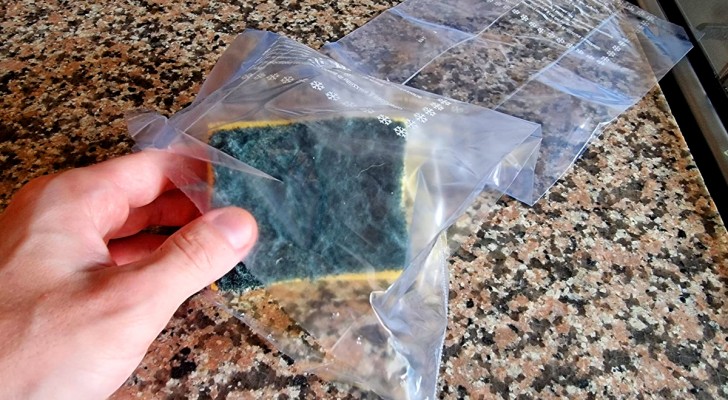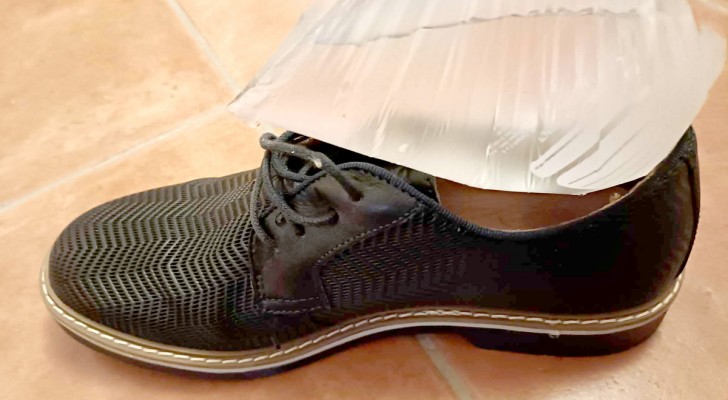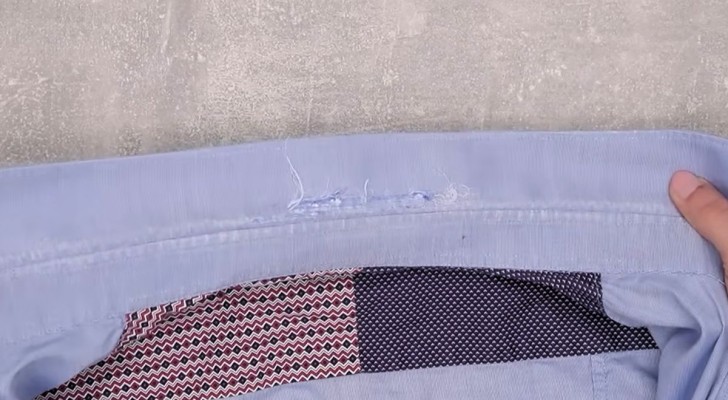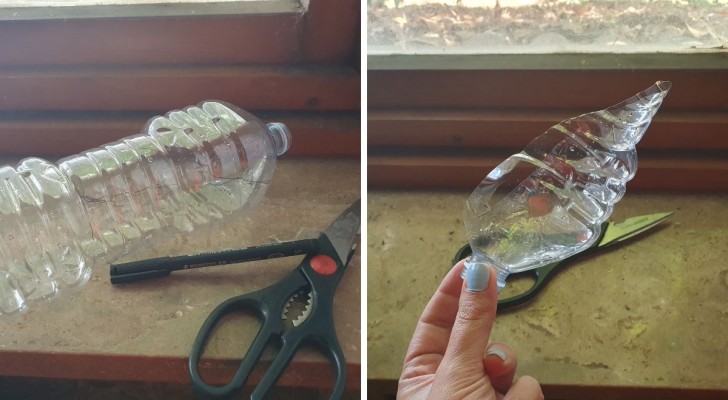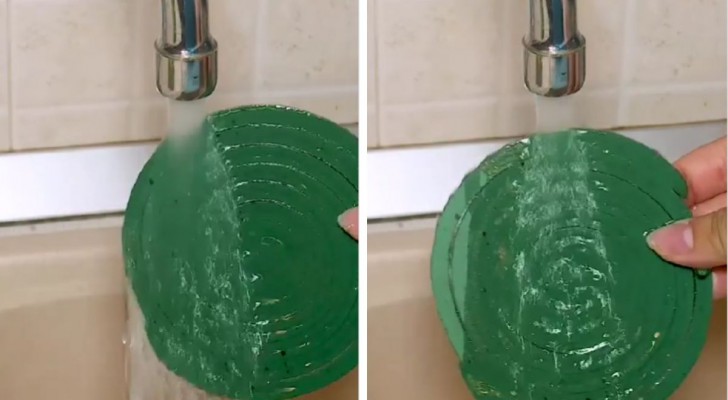Need to clean your wooden rolling pin? Find out here how to do it properly

Between sweet and savory preparations there are many occasions in which a rolling pin can be useful in the kitchen: it is a traditional tool to be used in many different ways. There are models with a wooden cylinder that rotate or are fixed, those with a smooth or patterned surface (so as to decorate the dough), short or long ones, thin ones or precision ones with metal handles. All these, however, have a wooden roller, a porous material that cannot be cleaned in the same way as other ceramic or metal dishes in the home.
Just like with cutting boards and pastry boards, therefore, make sure you wash your rolling pins in the right way to sanitize them and make them last longer.
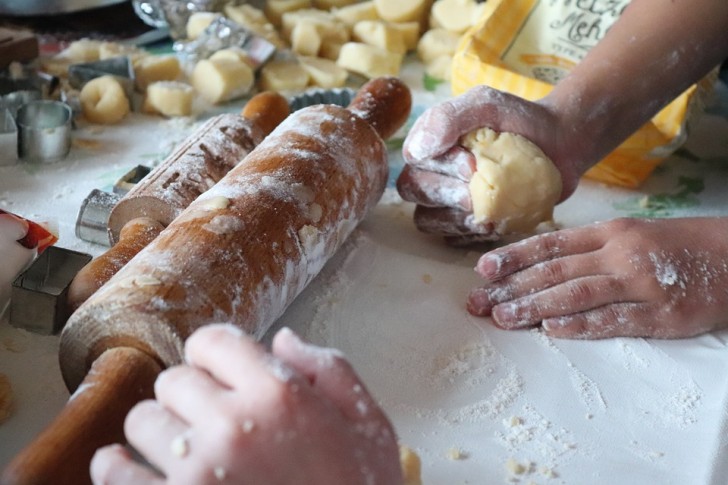
- Two similar methods can be used to scrape off dough residue: with sodium bicarbonate or with table salt (and lemon juice). The baking soda or salt (preferably fine salt), has a delicately abrasive action - in fact they must be rubbed using the hand over the entire wooden surface, so as to remove food residue. Then, if you want, you can also cut a lemon in half and pass it over the rolling pin like a sponge, squeezing it a little to release the juice as well (or you can also use pre-squeezed pieces, before throwing them away). Lemon sanitizes and degreases naturally, and there is no need to rinse unless the rolling pin is very dirty.
- To wash the rolling pin, then you can use the lemon as indicated, or take a next step and use warm water to rinse it off. If there is a lot of dirt, you can also add a little mild dish soap (or Marseille soap). Actually, the preference is not to use too much soap, which can remain trapped in the wood fibers. The important thing is never to put the rolling pin in a dishwasher.
- For an occasional deeper cleaning, you can use white vinegar or hydrogen peroxide: mix one part of vinegar or hydrogen peroxide and four parts of water in a bowl and immerse the rolling pin in it for 5-10 minutes, then rinse thoroughly. Again, you can then wash it with mild dish soap and rinse off again with warm water.
As in the case of other wooden utensils, it is always good to let them dry completely before storing them indoors, to prevent mold from forming with humidity. In addition, from time to time, to nourish the wood you can pass a thin film of olive oil over the wooden parts, massaging it in to make it penetrate the wood. Very little is needed, so that it is absorbed by the wood without leaving a greasy film that attracts dirt.
